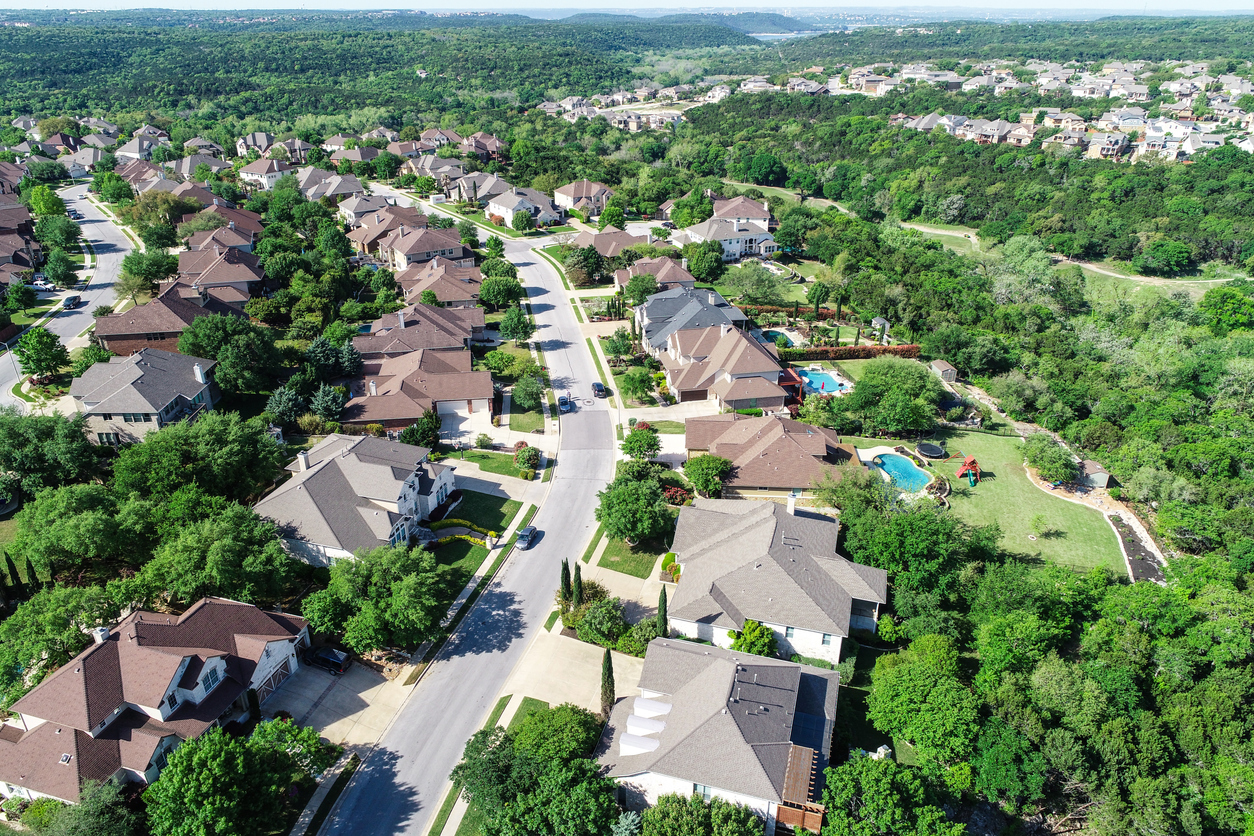 On May 29, 2024, Governor DeSantis signed HB 59 (2024) into law.
On May 29, 2024, Governor DeSantis signed HB 59 (2024) into law.
Effective July 1, 2024, HB 59 (2024) amends Fla. Stat. Sec. 720.303 as follows:
- Requires an Association to provide a physical or digital copy of the Association’s rules and covenants to each member by October 1, 2024 and to each new member thereafter; and
- Requires the Association to provide updated copies of rule and covenant amendments when adopted.
- In lieu of sending copies of the covenants and rules and regulations, the Association may provide mailed notice (or electronic to those members who have consented) that the covenants and rules are available via the Association’s website.



